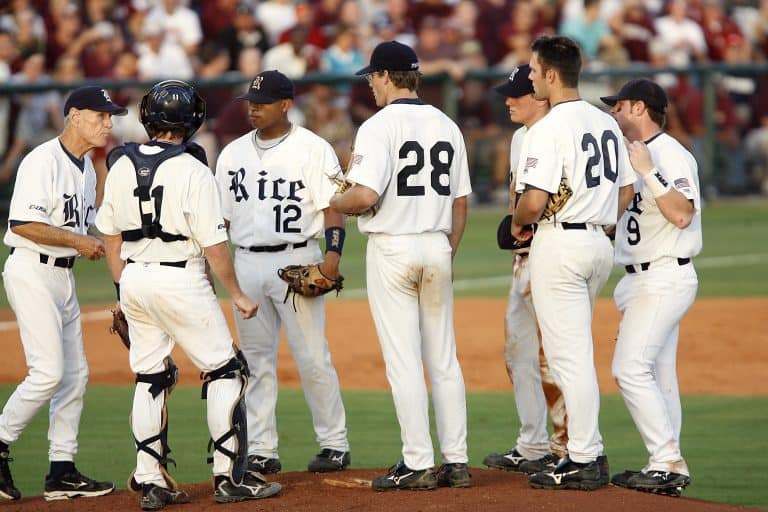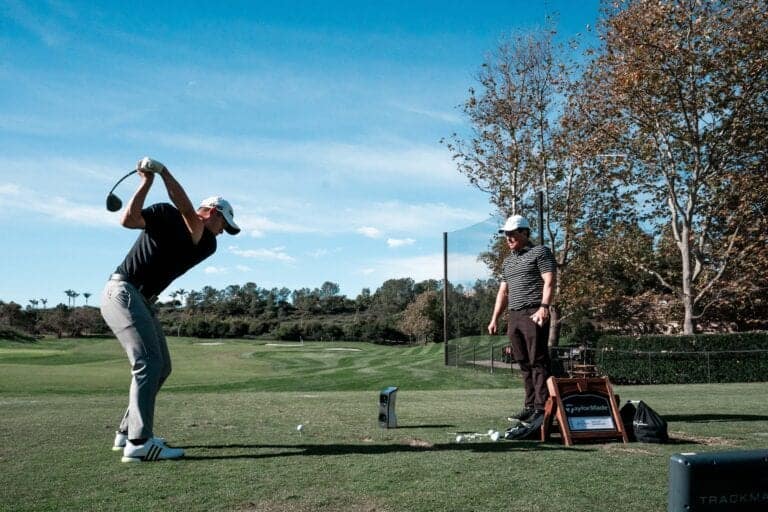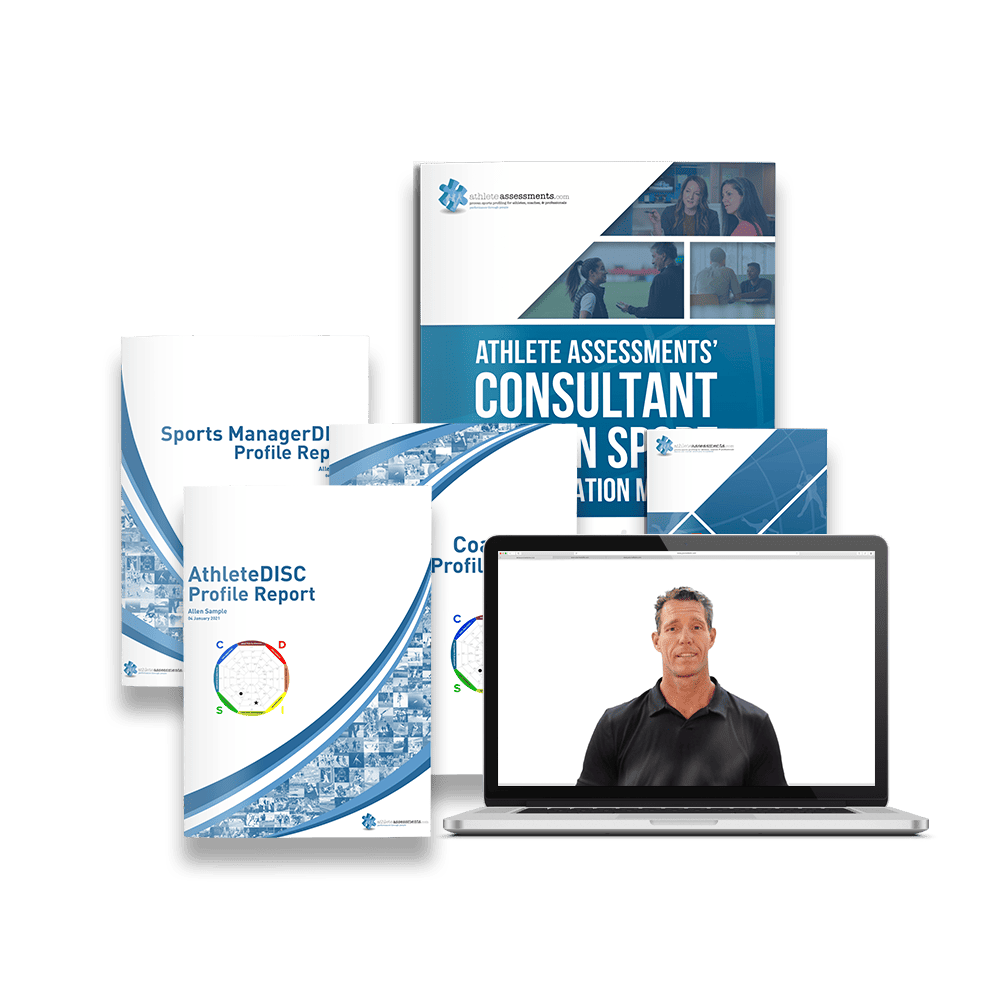Throughout any given year, you can most often find Mental Performance Coach, Rick Sessinghaus, on tour supporting one of his players. As part of the coaching role demands, Rick travels with current #3 PGA World Ranked golfer, Collin Morikawa to major championships 12-14 times a year to continuously work on swing and strategy during competitions, while also being there as a support system between rounds. Theirs is a story of an enduring coach-athlete relationship, and in our last article we looked at the way their relationship has developed over time, alongside Collin’s meteoric rise to success from talented amateur to top seeded professional.
Rick shares many insights into his coaching practices, particularly in his choice to pair his traditional swing coaching with mental performance. Having completed a Doctorate in Applied Psychology, Rick is extremely passionate about the mental side of performance and offered the unique way he uses a player’s preferred behavioral style to improve their technical game.
“When I’m a swing coach we look for patterns. There is a cause-and-effect relationship between where the ball goes, what the body does, and what the club tells the ball to do. I’m coaching my athletes to understand the cause-and-effect relationship between their behaviors, natural tendencies, and the outcomes that result.”
Awareness of our own tendencies, or the way we regularly act is often accompanied by a wry smile, or a nod of the head acknowledging that yes, that is us, and like it or not that is what we prefer to do. Identifying and isolating our own behavior can be a tricky task, as we are conditioned to do what comes naturally, right? We find it is useful to have an outside observer analyze our actions and share their observations with us, which is exactly the process that Rick sets up with his athletes.
As a core element of blending his technical and mental performance coaching, Rick has each player complete an AthleteDISC Profile, along with members of their support team, such as their caddy and swing coach. After completing the survey, an individualized DISC Profile report is produced detailing the pace each individual prefers to work at, their areas of strength, the way they prefer to communicate, and what they need from environments to thrive.
Rick added that on the golf course the pace element of the DISC Model plays a critical role in developing an understanding of the pace at which the player (and their caddy) would prefer to get around the holes, knowing that in competition they don’t always get to choose and how this may affect them. Additionally, it also provides insights into the pace at which they prefer to assess options, make decisions, and communicate.
But Rick also shared that while the reports act as the foundational building block, “It’s not just looking at the report and thinking ‘that’s who a person is’, you still have to ask questions, you still have to look at ways that behavior impacts performance.”
Questions are at the heart of quality coaching. In fact, Rick tells us that asking questions is what differentiates coaching from instructing. Where an instructor just says what to do, effective coaching requires a more interactive approach where the focus is on getting to know the athlete before providing the opportunity for practical experiences. The two go hand in hand when it comes to performance.
Reflecting on his use of the DISC Profiling process, Rick added,
“The DISC Profiles shorten my learning curve about the client, so I can ask even more relevant questions in a quicker amount of time which certainly helps rapport. And being on the same page as clients is the biggest part. As coaches, we want rapport with our clients, we want them to trust us, see us as experts, and along the way develop a self-awareness of who they are.”
Rick shared some examples of the kinds of questions he asks off the back of reading someone’s DISC Profile report,
“I’ll ask, ‘have you ever experienced playing with a slow group who are very talkative? Does that help, hurt, or have no bearing on your performance?’ These are extremely valuable conversations to have before you go out to play as we certainly want people to understand what environments could strain them or create interference and disruptions.”
As DISC is a four-quadrant model based on observable behavior, actions which can be seen by others, each person will have a degree of each of the four styles of behavior. These varying degrees are what create the opportunity for coaches like Rick to develop an in depth understanding of how a player is likely to behave, forming their questions and coaching approach around this. The four styles of DISC are ‘D’ for Dominance, ‘I’ for Influence, ‘S’ for Steadiness, and ‘C’ for Conscientious. Everyone has their unique level of each of these four behavioral styles and it’s the combination of each level of D, I, S, and C that describes someone’s individual profile. No one style is better than another, nor are certain profiles more suited to a particular sport or position on a team. The goal of DISC is not to improve on your profile but to understand yourself and others better to ultimately improve and sustain performance.
When it comes to golf, Rick emphasized this fact and put things into perspective by sharing an example of well-known golfers, who have each won major titles and represent the four DISC behavioral styles.
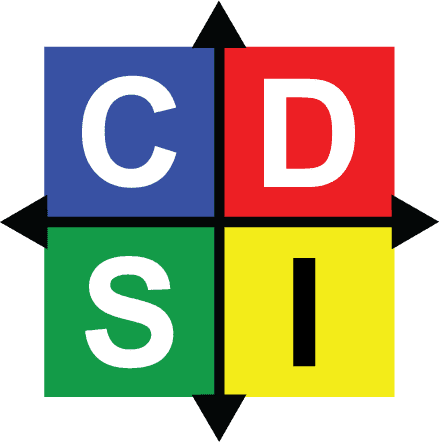
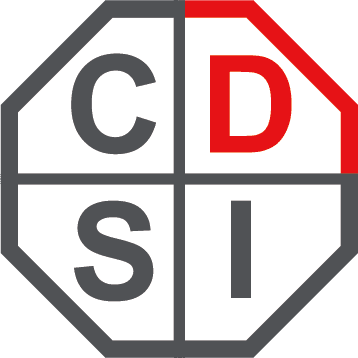
Brooks Koepka would be an example of a high ‘D’ Dominance
“High ‘D’s tend to make decisions quite quickly, are very aggressive, goal--orientated, and not afraid to go low, as we say in golf. They may miss certain details though and they may not take enough time in their pre-shot routine to really see the whole picture. If the pace of play is slow, they’re going to have some challenges dealing with that. And, in their environment a talkative, slow player in their group could be kryptonite for them.”
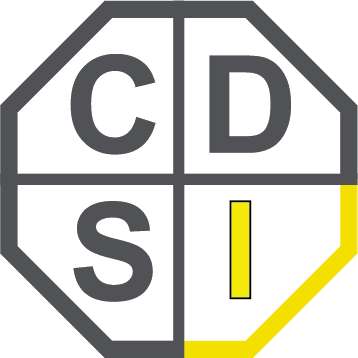
Rory McIlroy would be an example of an ‘I’ Influence
“He has a bounce to his step, but he’s also a little more emotional, connected to the play. But with that emotion can come ups and downs. For example, how does he deal with a poor shot here or there in the moment? But high I’s can also be spontaneous and unpredictable, swayed by doing what feels right in the moment. This can present both positive and negative outcomes.”

Collin Morikawa would be an example of an ‘S’ Steadiness
“You can see his preference is playing out in the calmness and steadiness that he brings to any game. But his steadiness is also seen in our long-term coach-athlete relationship and the impact that having that consistency has had on his performance and ongoing development. Genuine relationships built over time are extremely important to this type of profile. High S styles are also reticent to change, so while this can be extremely beneficial in a long game like golf, it can also create challenges when the unexpected happens.”
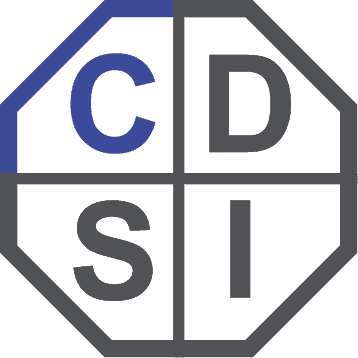
Bryson DeChambeau would be an example of a high ‘C’ Conscientious
“He has perfectionistic tendencies, wants to the know the data of every play when assessing what’s next in his game. He is a slow player, and not necessarily a people person. If the pace of play is pushed and he’s forced to go faster, that’s a tough adaptation for somebody who’s primary focus is on getting things right and following process, and having plenty of time to do just that.”
While Rick has all the tools to help other golfers improve their game technically, with 27 years’ experience as a traditional swing instructor, membership in the PGA, and his own playing career to bring that much needed perspective, he also sought insight into his own behaviors to understand what he brings to the relationships with his clients. Like all successful coaches, Rick is always looking to improve the way he helps his clients deliver their best performances, and learning about how his own preferences can impact the relationship, or his ability to coach a particular athlete, can do just that.
He said,“I wanted a better understanding of how I would relate to my students and clients. Knowing the intricate parts of my CoachDISC Profile helped me understand who I am and what my preferences are, and that they are not always my clients’ preferences too.”
In his work with individuals or teams, Rick will share his own CoachDISC Profile result, to highlight the way he makes small adaptations to communicate and work more effectively with clients every day, while demonstrating the learning and the self-awareness DISC offers. Rick shared an example where recently he was working with a top 20 college golf team where he had all of the athletes and coaches complete their own Athlete Assessments DISC Profile prior to starting any developmental work with them. He then used the resulting reports to show the diversity and unique spread of profiles that existed amongst the athletes and coaches in the team. Using a consistent structure for identifying differences provides a safe foundation for the discussions and developments that follow.
Going into further detail about the developments that followed Rick added, “I never pose certain profiles as good or better, it was always about understanding who each other are and respecting this. After our work with the DISC Profiles, the coach felt he improved his communication skills, was a little more patient with certain athletes, and a little bit more motivating because he realized they needed to hear they were doing a good job and they were on track in order to maintain their performance.”
Rick gave us another example of how he relates behavior to performance, linking back to his use of profiling with the people around the player, telling us about work he was doing with a particular player and his caddy who were on the Korn Ferry Tour, a golf tournament for elite players. The player and caddy had been working together for a while and had seen their fair share of conflict during competitions, so Rick asked both to undertake an Athlete Assessments DISC Profile.
The profiles highlighted the partnership included a golfer with natural Dominance ‘D’ style tendencies, who is comfortable in aggressive play and risk taking. His caddy on the other hand, had natural tendencies aligned with the Conscientious ‘C’ style, conservative, working at a slower pace, and data driven in their approach. So, in the pressured competition environment, each naturally leaned further into their own preferred style, resulting in an increased divide between them. By having the pair complete their profiles, Rick was able to use behavioral language and their newfound awareness of themselves and each other to discuss the profiles, create an understanding of where there is potential for conflict, and develop strategies for those situations.
The cause-and-effect chain shows us that nothing occurs in isolation, and behavior is no different. Patterns provide coaches with a base point for development and an understanding of how different styles will hold unique perspectives on challenges both on and off the course. Coaches and athletes can improve outcomes when there is mutual respect and value placed on those points of view, and a shared language in the context of behavior can greatly assist in this.
The effectiveness of Rick’s assimilated technical and mental performance coaching is easily seen in the success of his athletes. If you would like to read more about Rick’s longstanding and effective coaching relationship with Collin Morikawa, from a talented junior to PGA winner, catch up on our dedicated article, ‘Story of Success – Talented Junior to PGA Tournament Winner – his Coach’s Insight.’
Where to from here?
If, like Rick, you are curious about the way you work with clients, or if you are a sports professional and people depend on you to bring them reliable and tested tools which put them ahead of their competitors, Athlete Assessments’ Consultant Program is designed and tailored to your needs and prior experience to do just that. We also encourage you to take a look at our online library of free resources and contact us if we can do anything to help you be your best.
LOVE THIS ARTICLE?
DOWNLOAD YOUR FREE, PRINTABLE PDF COPY BY FILLING OUT THE FORM BELOW!
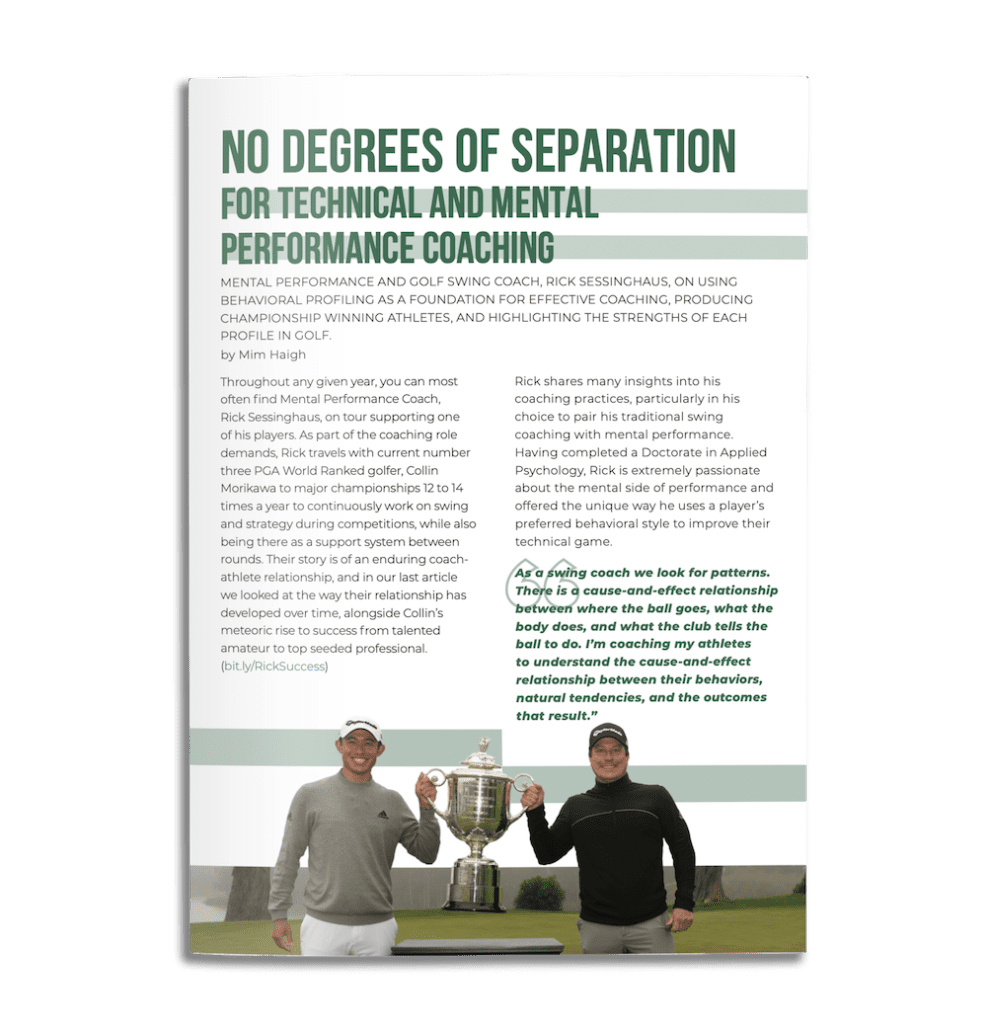
Recommended Articles
‘Communication is the response we get.’ It’s an interesting concept, which becomes even more interesting when we think about this in action. Thinking back to the last time somebody misinterpreted our words or misunderstood what we were saying, the chances are that we don't have to think back too far. The challenge is, how do we ensure we minimize how often this scenario occurs, who takes responsibility for it happening, and importantly, rectify it for the future.
Dr LaTisha Bader, Certified Mental Performance Consultant on using Athlete Assessments’ DISC Profiling to develop self-awareness and team chemistry.
Mental Performance Coach, Rick Sessinghaus, has coached long-time client Collin Morikawa, currently ranked #5 on the PGA tour, from talented junior to #1 World Amateur and on to professional status.


